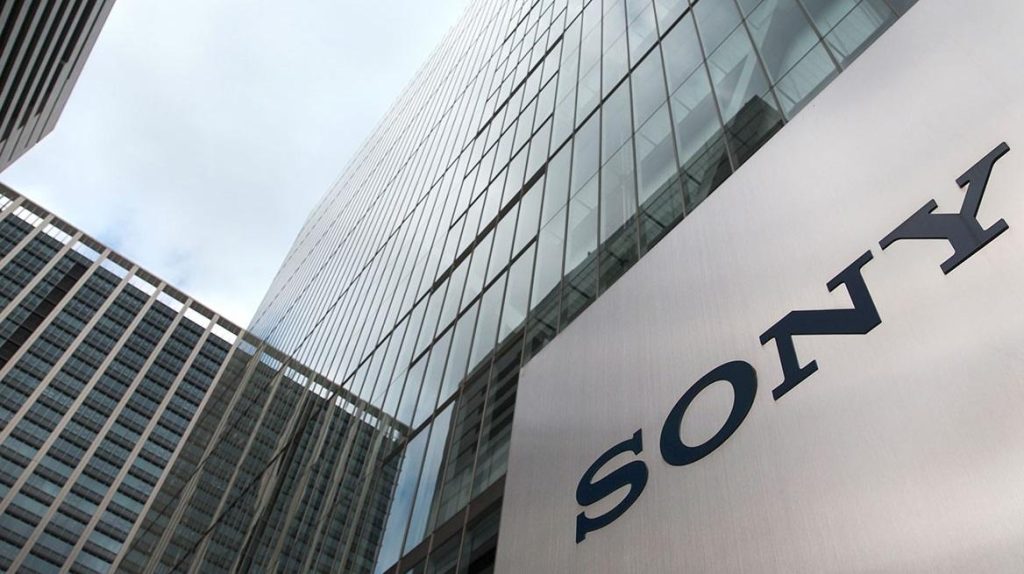Sony Group Corporation announced a series of new medium-term environmental goals, including new targets to reduce Scope 1 and 2 greenhouse gas (GHG) emissions by 60%, and group-wide Scope 3 value chain emissions by 25% by 2030.
The new goals form Sony’s ‘Green Management 2030’ (GM2030) medium-term environmental plan, covering the 2026 through to 2030 fiscal years. “Green Management” constitutes Sony’s medium-term environmental targets formulated by considering how much the company’s environmental footprint should be reduced every five years, as part of its “Road to Zero” strategy to achieve a “zero environmental footprint” by 2050 across all stages of product lifecycles and business activities.
Sony said it expects to achieve most of its existing climate-related targets for 2025 by the end of the 2024 fiscal year. In its 2025 Sustainability Report, Sony revealed that it has surpassed its 2025 targets to reduce absolute GHG emissions from company sites by 5%, reaching 5.3% in 2024, and its 35% renewable electricity rate, achieving 40.1%.
Building on those results, GM2030 introduces new indexes reflecting lessons learned and the present environmental landscape. A key focus is cutting overall GHG output across Scopes 1–3 by over a quarter within five years. The company is now targeting net zero throughout its value chain by fiscal 2040 – ten years earlier than originally planned.
GM2030 commits Sony to cutting direct emissions (Scopes 1 and 2) by 60% from 2025 levels and trimming indirect supply chain emissions (Scope 3) by 25%. It also aims to power all of its operations with renewable electricity and is urging suppliers to follow suit.
The company is also prioritizing circular resource use by increasing recycled content in its products, improving overall recyclability and limiting non-recyclable plastics to no more than 30% of product weight. In addition, Sony intends to phase out plastic packaging for smaller products and eliminate it from its retail stores.
Sony has joined RE100, an international initiative promoting 100% renewable energy, and its net zero targets have been approved by the Science Based Targets initiative. The company also supports the Task Force on Climate-Related Financial Disclosures.

